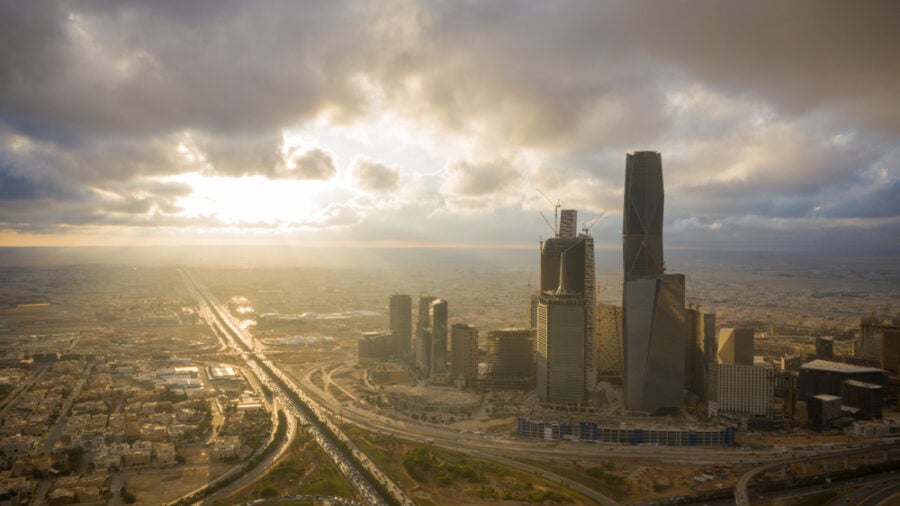Today, Friday, the Saudi Civil Aviation Authority announced the opening of the Kingdom’s airspace to all air carriers that meet the authority’s requirements to cross the airspace.
This step comes hours before the arrival of US President Joe Biden in the Kingdom later today. Biden was quick to praise the decision, calling it “historic.”
The authority said in a statement on its account on the social networking site “Twitter”: “Within the framework of Saudi Arabia’s keenness to fulfill its obligations under the 1944 Chicago Convention, which requires non-discrimination between civil aircraft used in international air navigation, and to complement the efforts aimed at consolidating the Kingdom’s position as a global platform linking the three continents and to enhance international air connectivity, the General Authority of Civil Aviation announces that it has been decided to open the Kingdom’s airspace to all air carriers that meet the authority’s requirements to cross the airspace.”
According to a statement issued by the White House, US National Security Adviser Jake Sullivan said, “US President Biden welcomes and praises the historic decision of the Saudi leadership to open Saudi airspace to all civilian air carriers without discrimination, a decision that includes flights to and from Israel.”
Sullivan pointed out that “this decision is the result of President (Biden’s) diligent and principled diplomacy with Saudi Arabia over several months, which culminates in his visit today” to the kingdom.
Saudi Arabia had announced at the beginning of May that it was seeking to develop its aviation sector, with the aim of transforming the Kingdom into a global center for air travel.
Saudi Arabia’s aviation sector goals in Vision 2030 reforms include more than tripling annual passenger traffic to 300 million passengers by the end of the decade.
The kingdom is also seeking to attract $100 billion in investments to the sector by 2030, establish a new national airline, build a “mega airport” in Riyadh, and increase freight by 5 million tons each year.




